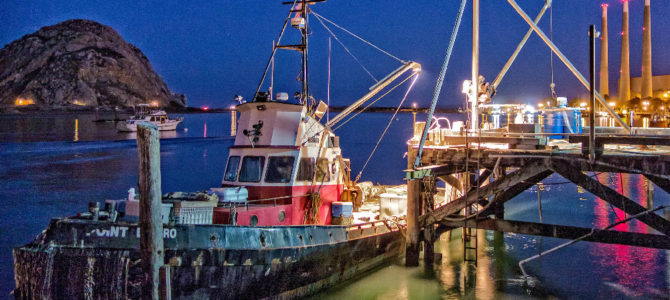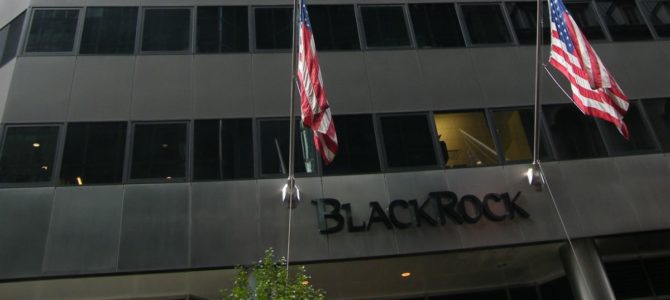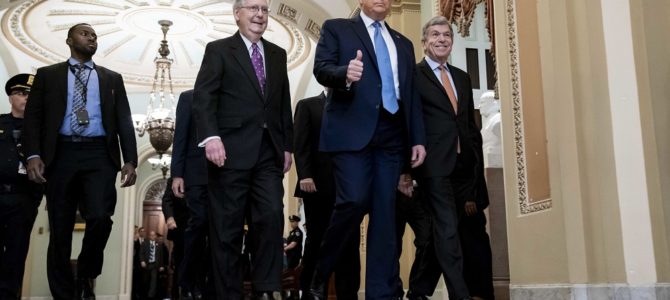
As a commercial fisherman for near on 40 years now, it didn’t take long for me to figure out that nature was at best ambivalent about whether I make a living. Being driven from the water by a thunderstorm that made working the last few crabtraps in a string unsafe was not unusual. Nor was arising to find the wind working the river to a froth, such tat getting to the gillnets we’d set to catch bait for those traps would have to wait a day.
Even if the weather part of nature cooperated, of course, there were fluctuations in abundance. Nature did not have the capacity to care one way or the other for us. Odd as it seems, that was some consolation. There was also the consolation that she was doing the same to everyone else equally. We were not suffering as an unintended consequence of her doing good to others, or hammered intentionally so she could do good to others.
We commercial fishermen were unprotected from nature. We could accept that. Not that we’d not carp and complain to one another or even occasionally pull a Captain Dan (“Forrest Gump”) and rail at God, but we’d ultimately know there was no intent, and obviously no recourse, so we’d accept.
But you know what, your own government is not nature. When it appears for all the world as if it is allowing you to be damaged by its actions, or even possibly intentionally damaging you so it can do good to another, that’s quite a different thing. And it’s not something we’re inclined to simply accept.
Sadly, sometimes the best those in the “unprotected class” can hope for when caught up in the vortex of Big Business using Big Government to do its bidding is that someone will realize we’re collateral damage worth repairing before it’s too late. This hope is based on the assumption that the damage government is causing is unintended, that it results from legislators’ or regulators’ lack of understanding or familiarity.
Those are reasonable hopes so long as the regulators are willing to learn, citizens have access to legislators at the level of government doing the damage, they are willing to undo it, and if the damage is truly unintended.
So Here’s the Current Story for Small Fish Farmers
Caught up in precisely the situation described above, a situation sparked by an international trade dispute between Vietnam and the score or so of very large U.S. catfish farms, are hundreds of small wild-caught catfish producers and processors throughout the Southeast Mid-Atlantic United States. Those entities almost wholly serve local markets. Many are second- and third-generation family operations. In this instance, they’re the “unprotected class.”
They’re not entangled here because their product is unsafe, nor because there’s been no federal inspection of their operations. The Food and Drug Administration has had HACCP regulations fully in force for decades on wild-caught catfish producers, just as it does for the rest of the seafood industry. It’s also certainly not because some great volume of wild-caught catfish is being shipped internationally. The trade dispute is over protecting domestic farms from imported catfish.
Not to be left out of the equation are consumers. Many think wild-caught catfish fits exactly what they want. It’s a local product with a “small carbon footprint,” “sustainable,” and it’s not “industrial food.” Those consumers are also damaged by higher costs or, more likely, reduced availability. Then there are the jobs the wild-caught industry produces, jobs often in rural areas, which truly need jobs.
So if wild-caught catfish producers did not endanger human health, were under regulation by the FDA with the rest of the seafood industry, produce jobs in areas that need them, and serve American consumers, why are they caught up in a new web of regulation? And why, among all the seafoods, was catfish alone shifted from FDA control to U.S. Department of Agriculture control?
Basically it comes down to protectionism, and one senator from Mississippi having power when final language between House and Senate versions of the farm bill was hammered out to include the language to make it happen. Worth noting is that this senator has a farmed catfish program named after him at a Mississippi university.
We Reached Out to One Farmer, It’s Cool
As a consequence, large catfish farms were at the table when the farm bill and its rule-writing took place. As described by the USDA, those rules clearly reflect their participation. The lack of wild-caught producers’ inclusion is demonstrated clearly by the paucity of references to wild-caught catfish or the facilities where they are processed in records of meetings creating the rules and the rules themselves.
Shifting inspection for all catfish species to the USDA, regardless of whether the catfish was “farmed” or “wild-caught,” drove the round peg of wild-caught—with all its varied locations, means, and huge fluctuations in production—into the square hole of regulation constructed for farms.
Why they were not at the table is a fair question, especially as the USDA committed to “conduct extensive outreach to domestic industry and international partners so that they fully understand FSIS’ requirements prior to full implementation.” USDA incompetence is one possible part of the answer. When the USDA was asked how many wild-caught entities it had contacted in their “extensive outreach,” their answer was “one.” ONE!
I asked that question at a hastily called meeting in late August in Webster, Florida, held a scant few days before final implementation of the rules. A follow-up question suggesting that something as simple as an Internet search of various state databases that issue licenses for commercial fishing and wholesale dealers could have provided hundreds of possible contacts in short order rendered a shameful response. They had not done their jobs.
USDA had also not done “outreach” to the various states responsible for licensing commercial fishermen and dealers and setting regulations for when, where, and how commercial fishing may be done. Powerful evidence of that further failure is demonstrated by the dates on letters from the various states about at minimum delaying implementation to allow Congress time to fix the problem. Those letters were all addressed to Agriculture Secretary Sonny Perdue, who has the power to forestall implementation, and dated from July and August 2017.
It’s very hard to imagine the states sending these letters, whose citizens are directly affected, were so collectively incompetent they had not received the USDA’s “extensive outreach” and thus only voiced such serious concerns at such a late date. The finger points in a different direction.
We Get the Message, Federal Overseers
Yet the issue is not the damage done by the regulatory state itself, as the USDA has no authority to return “wild-caught catfish” to the FDA’s jurisdiction and thereby solve the problem. Only Congress can accomplish that. For Congress to leave in place legislation that imposes additional costs on foreign competitors of domestic catfish farms is one thing, shabby though it is. But it is quite another to leave the small wild-caught producers exposed to the same increased costs and difficulties in complying. Pleas for relief have been greeted with silence.
In that silence is potentially a message, or two. The first is that the little guy does not matter, that he must take the actions of his government as he takes the weather, with acceptance. That he remains part of the unprotected class.A second potential message is that the damage done to the little guys was not unforeseen nor unwanted. It doesn’t take a Sherlock Holmes to understand that wild-caught producers are doing exactly what the catfish importers are doing: competing with domestic farms. Thus, is it not reasonable that the farms and the powerful senator doing their bidding would see no benefit in tossing the small wild-caught industry a life ring? Much more insidiously, is it not possible that the large farms saw and understood that collateral good to themselves?
Either of those conclusions being true speaks poorly of our government and reinforces my suspicion that Big Business uses regulation with the help of Big Government to the detriment of the small and unprotected. For this old former commercial fisherman to draw any other conclusions, it will take action from the farms, senator, and Congress to convince him otherwise. Unfortunately I expect confirmation in the form of no action.









